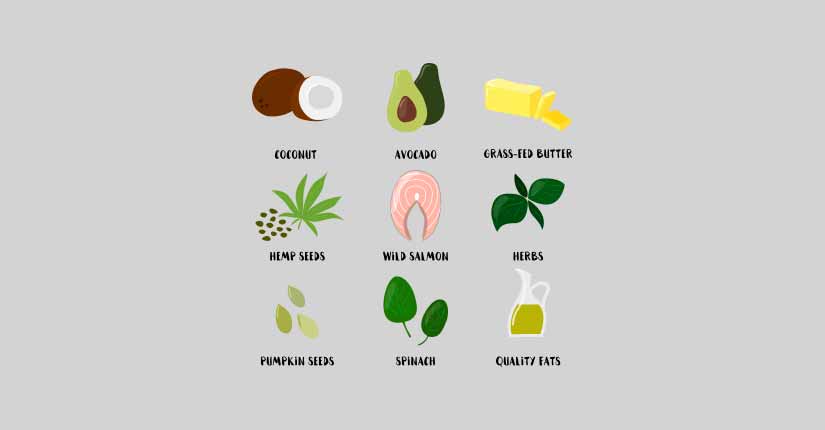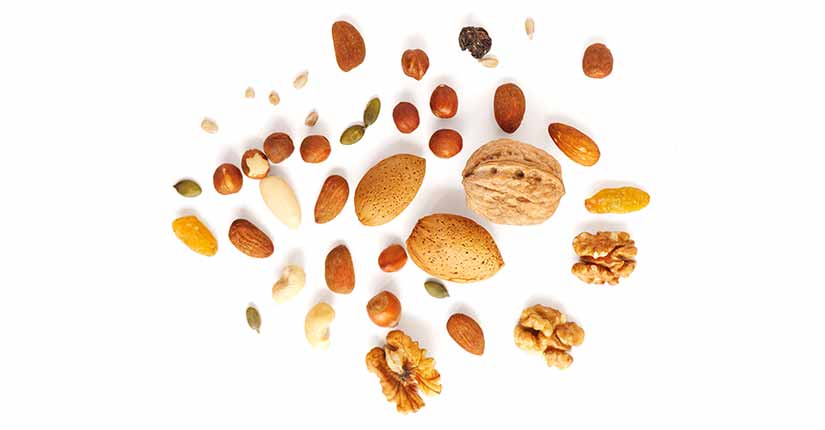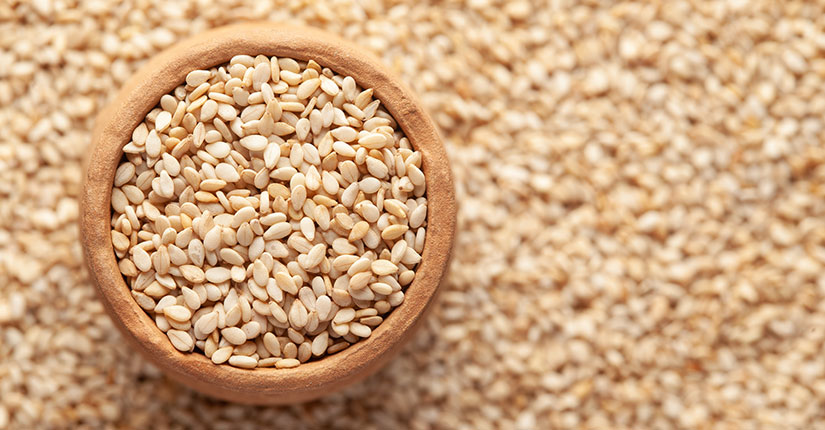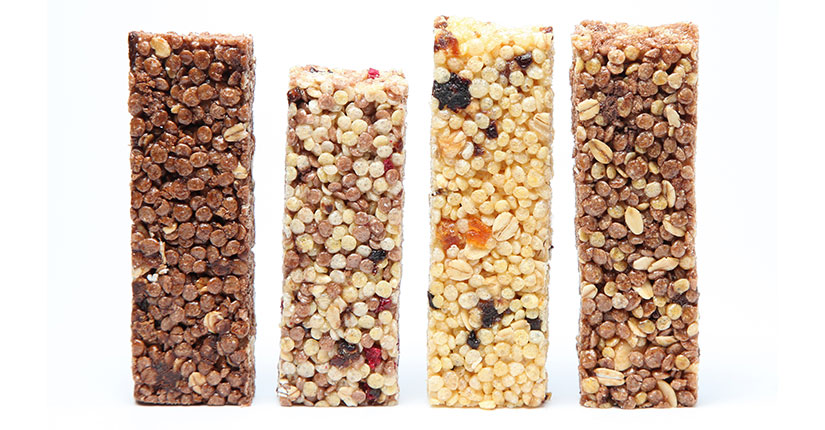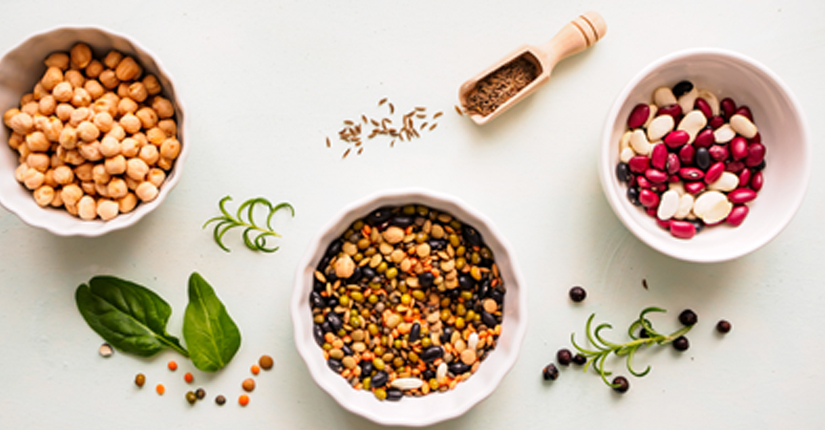All You Need to Know About Diabetes
By Nmami Agarwal 19-Jul 2018 Reading Time: 7 Mins

India has the unenviable title of being the world’s ‘Diabetes Capital.’ Urbanization and increasing prosperity are the major contributors that have raised the prevalence rate of this life-threatening disease.
Well, you need to know that diabetes is one of the modern world’s deadliest diseases and very common these days. It has become so common that you would find at least one or more of your relatives who have diabetes. It comes in the category of metabolic disorder in which a person is affected by high blood glucose levels. This condition occurs when your body can’t produce enough insulin which is a hormone required for the carbohydrate metabolism.
Many of you may not be aware of the types of diabetes. Yes, you read that right. Diabetes also has types which include- Type 1, Type 2 and Gestational diabetes. Amongst these, Type 2 hits a maximum number of people.
Type I diabetes– In this type, the pancreas is not able to produce insulin hormone. The patients have to depend on insulin injections throughout their life for the healthy functioning of the body. However, only a few people suffer from this type of diabetes.
Type II diabetes– In this, the body cells fail to react to the insulin being produced in the body. Patients suffering from this type are kept on medications and are generally advised to follow a healthy lifestyle. They are usually asked to cut down on their sugar and fat intake as obesity is the primary cause of this type of diabetes. Type 2 diabetes accounts for 90-95% of the diabetic population.
Gestational diabetes– This kind of diabetes is common in pregnant women and often is diagnosed for the first time during pregnancy. However, this can be cured with the consumption of an adequate diet. Only a few need to undergo medications for its treatment. The prominent effect is to raise the complications at the time of childbirth.
There are certain risk factors for diabetes which include:
- Family History– If both parents are diabetic patients, then there are chances that their children would be diabetic.
- Age– This is the widespread cause of diabetes. Although it is said that diabetes can occur at any age, but the risk increases with the increasing age as 80% of the cases occur after the age of 50 years. So, you might have observed in your family that mostly, the middle-aged members have diabetes.
- Gender- Diabetes is more commonly seen in males but after the middle age, women are more at risk and these cases increase with pregnancy.
- Obesity– Diabetes and obesity have a powerful association, but it is uncertain whether obesity is the cause of diabetes or the result. It is believed that in obese people, there is a condition of impaired insulin uptake. Also, if you are overweight then you might also be less physically active which increases the risk of diabetes.
- Dietary Factors– Sugar is strongly related to obesity and may predispose to diabetes. Also if there is low consumption of fiber in your diet and a high intake of refined foods, you are more likely to have diabetes.
- Stress– It is also a contributing factor and a cause of unmasking latent diabetes by eliciting an adrenocortical response
Monitoring the type and amount of carbohydrate in meals is very important to maintain your blood sugar levels. You should include more complex starches rather than simple carbohydrates as they break down more slowly. Soluble fiber present in oats, barley, fruit, and legumes has been shown to lower fasting blood sugar. So, your emphasis should be on high fiber foods like buckwheat, ragi, barley, oats, leafy vegetables, beans, whole pulses, and legumes.
The blood glucose response or glycemic index (GI) of certain foods is vital in deciding whether you can include them in your diet or not. Foods with a high glycemic index must be avoided. The foods having a GI less than 55 are considered low GI foods, while those with 55-70 as moderate and more than 70 as high GI foods.
A few basic signs and symptoms that may help you detect the onset of diabetes are increased urination, increased hunger, increased thirst, general weakness, decreased ability of wound healing and dehydration. So if you think you experience these, then it is the high time to go to a doctor and get yourself checked for diabetes.
Over to you
So, for all the people who are diabetic or are at risk, it is advisable that they consume food which does not lead to obesity. A diet of complex carbohydrates should be consumed and supplemented with regular walks, running and exercise.These habits will help you in controlling your weight which in turn helps to keep diabetes under control.

